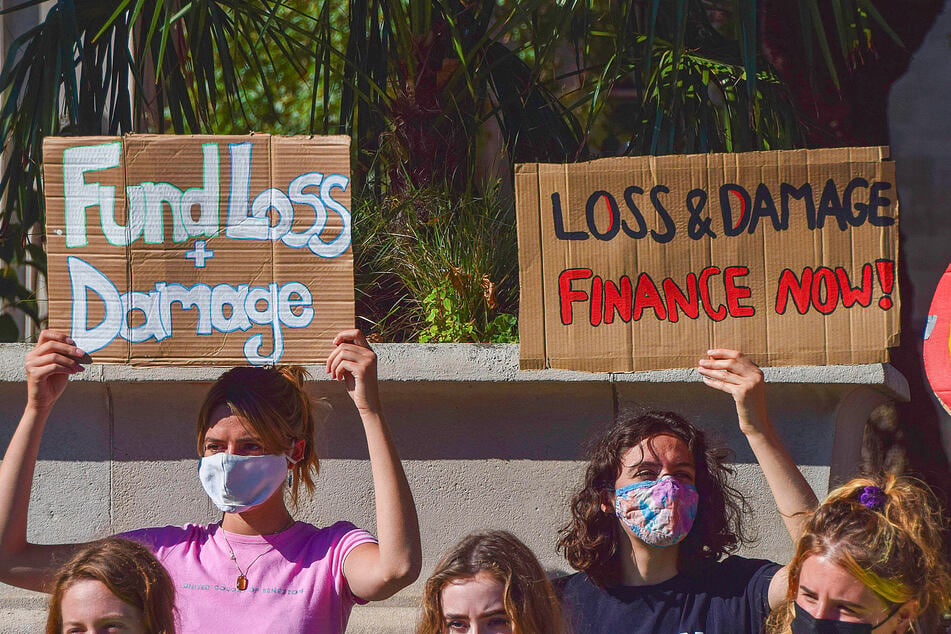IPCC report preview: Explaining the debate over "Loss and Damage"
Geneva, Switzerland - The Intergovernmental Panel on Climate Change will publish its hotly anticipated complete climate report on February 28, but discussions are heating up even before it's out. That's because it looks like no one wants to pay for climate change.

The IPCC is the organization responsible for gathering climate science and publishing reports for politicians. In the run-up to its sixth major summary, it's still running into resistance for talking about the effects of climate change as "Loss and Damage".
Loss and Damage is all about the effects of the climate crisis that countries can't adapt to, both the short-term weather events like more violent storms, floods, and droughts, but also the slower effects, like rising sea levels.
All the fuss about the three words boils down to money, because, according to the BBC, rich countries are strongly against taking responsibility for their part in heating up the globe.
If Loss and Damage is the term used to describe the storms and wildfires worsened by climate change, causing billions of dollars in damages in 2021 alone, then it pins the blame tail on the developed donkey.
There is an alternative, and although it may look virtually identical to you and me, politicians are pushing for "Losses and Damages", which they hope will be "less political" and stop the wealthier countries from getting jittery about potential legal action.
For years now, countries that have suffered the most from the devastating effects of climate change pushed for those who got rich at their expense to help out financially, and this upcoming report will play a major role in how new laws help or hurt their efforts.
Somehow, the debate seems to be heading towards giving "Losses and Damages" a pass, but even this semantic diplomacy is currently being opposed by some governments.
Cover photo: IMAGO / ZUMA Wire